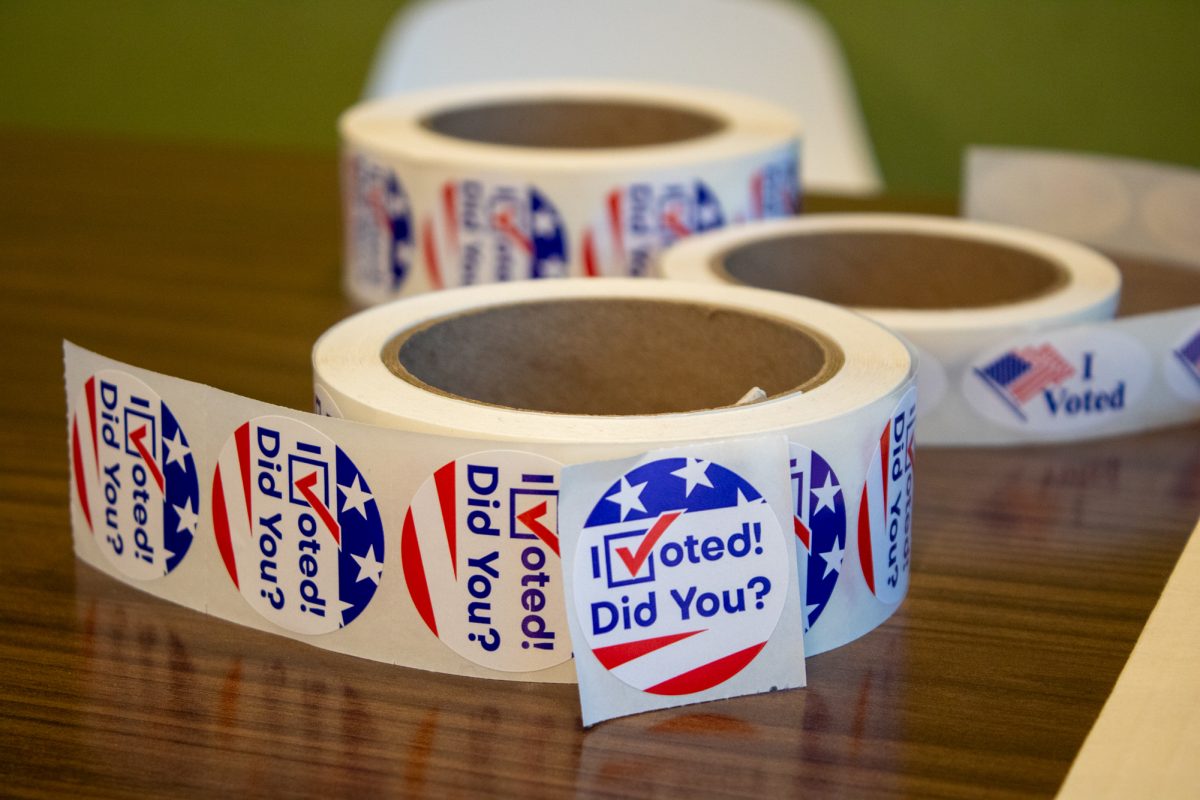YWCA denounces pornography
February 18, 1999
“Pornography and Erotica” were the topics of debate at the conclusion of a series on explicit material, race, gender and sexuality.
The programs were sponsored by the Margaret Sloss Women’s Center and YWCA, and 15 people attended Wednesday’s discussion.
Lynette Hornung, program assistant for the Carrie Chapman Catt Center for Women and Politics, was the facilitator of the discussion.
Hornung said there is a distinction between erotica and pornography.
She said pornography does not portray consensual sex between a man and a woman, but instead gives a degrading portrayal of women.
“[Pornography is] graphic, sexually explicit pictures that subordinate women,” she said.
Hornung said pornography offers viewers a negative image.
“Pornography often trivializes problems in our society,” she said.
By contrast, Hornung said erotica is defined as something that is explicit and sexually arousing, but is free of racism, violence, sexism and abuse.
She said erotica is used to explore human sexuality and is portrayed as consensual, with closeness and love.
However, Elham Springer, secretary for Minority Student Affairs, said the difference between pornography and erotica is hard to distinguish.
“When does [erotica] become something we accept?” she asked. “Erotica has been there forever, but where has the violence been?”
Hornung said pornography has a sexist dimension because the man has the power and the woman is exploited.
“Pornography has a definite power to it,” she said. “There is hard core evidence that [pornography] is harmful.”
Some of the problems that pornography exacerbates, she said, are sexual harassment, rape and violence.
Hornung said pornography can change a male with normal sexual desires into one turned on by violence.
“If it doesn’t bother someone to see women raped and killed for sexual gratification, something is wrong,” she said.
Hornung also said safe sex is not promoted in pornography.
“Some of the films are not big into using condoms,” she said.
Hornung said pornography violates the First Amendment because it was not written to allow for abuse to anyone, including women and children.
“Pornography is an abuse of the right to freedom of speech,” she said.






